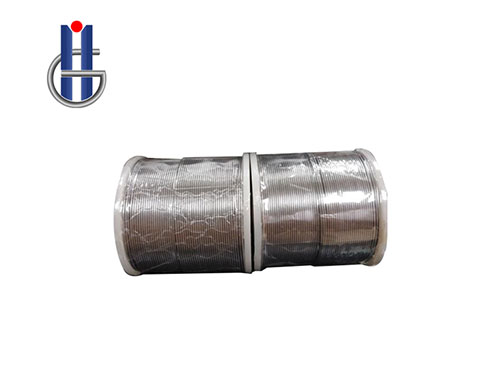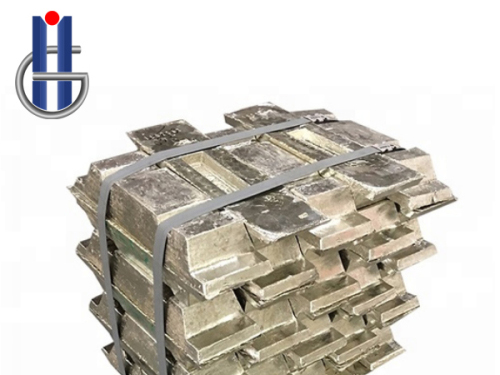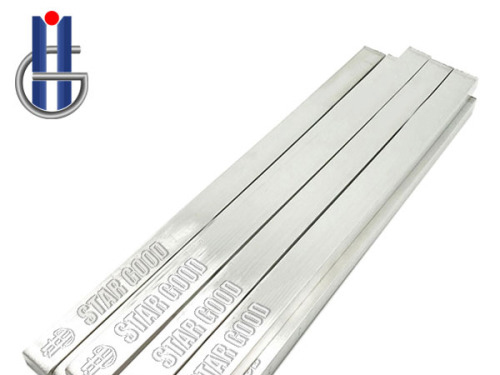Quality Requirements for
Industrial Solder Wire,The quality requirements for industrial solder wire encompass various aspects, including chemical composition, physical properties, appearance, and more. Here are the general quality requirements for industrial solder wire:
Chemical Composition: The chemical composition of solder wire is crucial for its welding performance. Qualified solder wire should have a composition in accordance with the specified standards, typically consisting primarily of tin (Sn) with possible additions of lead (Pb) and other alloying elements. Ensuring the appropriate chemical composition contributes to the stability of the welding process and the reliability of the solder joint.
Electrical Conductivity: Electrical conductivity is a key physical property indicator. Solder wire should possess suitable electrical conductivity to ensure uniform current flow through the welding area, resulting in effective welding outcomes.
Tensile Strength: The tensile strength of solder wire directly relates to the robustness of the solder joint. High tensile strength helps enhance the tensile resistance of the solder joint, ensuring its reliability.
Elongation: The elongation of solder wire reflects its plasticity during stretching. Adequate elongation contributes to deformation and adaptability during the welding process, preventing the occurrence of cracks in solder joints.
Appearance Quality: The appearance quality of solder wire affects its operability and aesthetics during use. Solder wire should have a surface free from noticeable oxidation, impurities, defects, etc., ensuring a clean and smooth welding surface.
Packaging Quality: The packaging of solder wire should comply with relevant standards to ensure that the product remains undamaged during transportation and storage. The packaging should effectively protect the solder wire from environmental factors such as moisture and corrosion.
Environmental Requirements: With increasing environmental standards, some regions may have specific environmental requirements for the use of solder wire. Qualified solder wire should comply with relevant environmental regulations and standards to ensure its harmlessness to the environment during use.
These requirements may be adjusted and supplemented based on specific national standards, industry standards, and user needs. When purchasing solder wire, it is crucial to ensure the selection of products that comply with applicable standards to guarantee welding quality and safety.



 High Purity Tin Ingot: Crucial Applications and Benefits
High Purity Tin Ingot: Crucial Applications and Benefits
 Pure Tin Ingot: Essential Material for Diverse Industrial Applications
Pure Tin Ingot: Essential Material for Diverse Industrial Applications
 Unlocking the Potential of Pure Tin Bars: Essential Components for Diverse Industries
Unlocking the Potential of Pure Tin Bars: Essential Components for Diverse Industries
 Lead Bar for Sale: Uses, Specifications, and Buying Considerations
Lead Bar for Sale: Uses, Specifications, and Buying Considerations